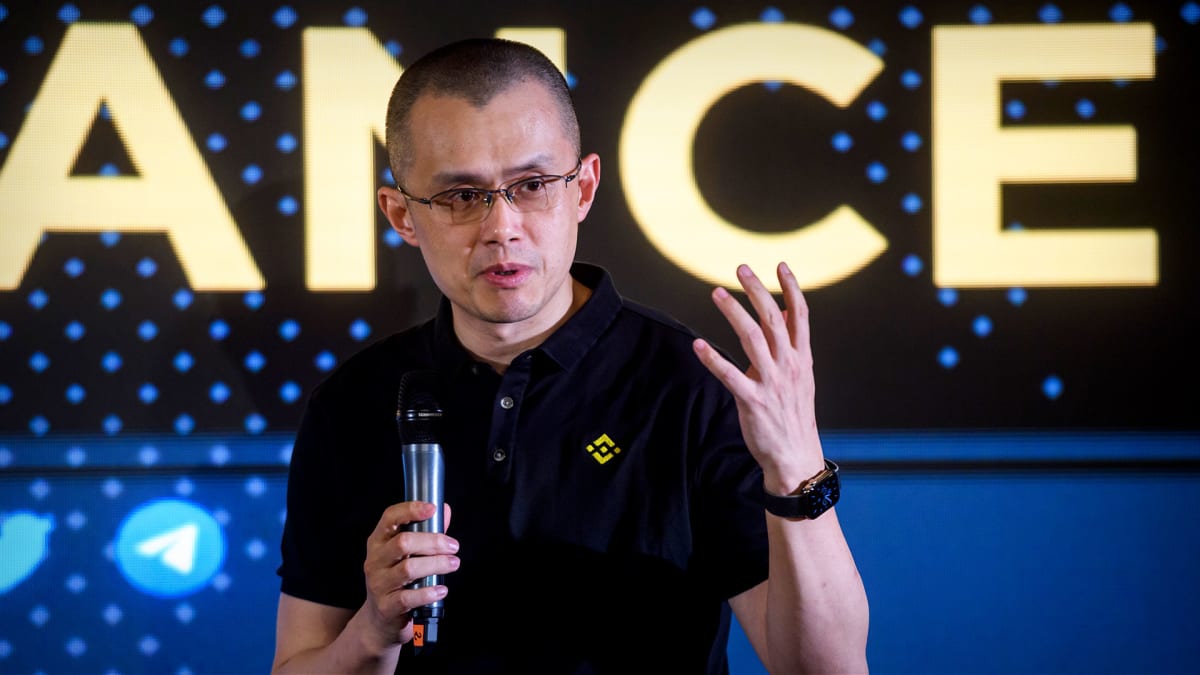
The end of the year is proving very eventful, even tumultuous, for the crypto industry.
The fledgling blockchain-powered financial-services industry is still wondering what and who will be the collateral victims of the bankruptcy of cryptocurrency exchange FTX and its sister company, Alameda Research.
Crypto lenders BlockFi and Genesis are among the first victims. But the list is likely to grow, industry sources say. Regulators are still trying to fully piece together what happened.
On Dec. 13, Sam Bankman-Fried, the founder of FTX, will testify before the U.S. Congress, where the lawmakers will undoubtedly grill him on the overnight implosion of his empire. Whether anything worthwhile for FTX customers will come out of that hearing is an open question.
The FTX debacle, however, created at least one winner: Changpeng Zhao and his Binance group, the largest cryptocurrency exchange.
Changpeng Zhao v. Sam Bankman-Fried
Before the Nov. 11 bankruptcy of FTX, Zhao and Bankman-Fried were considered the two most powerful bosses in the crypto space. They are referred to by their initials: SBF and CZ. Now that SBF's group has collapsed, many now consider CZ the new king of crypto.
History will also remember that it was a tweet from CZ that sounded the alarm about the finances of Alameda Research and FTX, Bankman-Fried's empire, and was the beginning of the end of Binance's rival.
But CZ could also find himself in big trouble in the coming weeks.
According to Reuters, U.S. prosecutors are considering filing money-laundering charges against Binance and some of its executives, including the CEO.
Some of the at least half a dozen federal prosecutors involved in the case believe the evidence that's been gathered justifies moving aggressively against the exchange and filing criminal charges against individual executives including founder Zhao, Reuters reported, citing people familiar with the matter.
Other prosecutors have argued taking the time to review more evidence, the news service reported. Discussions with Binance are ongoing and include potential plea deals, the news outlet added.
"As has been reported widely, regulators are doing a sweeping review of every crypto company against many of the same issues," a Binance spokesperson said in an emailed statement.
"This nascent industry has grown quickly and Binance has shown its commitment to security and compliance through large investments in our team as well as the tools and technology we use to detect and deter illicit activity."
DoJ Sought Personal Zhao Communications
The investigation began in 2018 and is focused on Binance’s compliance with U.S. anti-money-laundering laws and sanctions. At the end of 2020, the DoJ asked Binance to submit internal documents relating to how the firm ensured that users of its platform do not launder money, Reuters reported last September.
The DoJ also requested personal communications from Zhao, the news outlet said, citing a written request. In particular, the federal investigators wanted Binance to pass on to them the exchanges between Zhao and 12 other executives and partners regarding the detection of illegal transactions.
The DoJ was looking for any company records with instructions that "documents be destroyed, altered, or removed from Binance's files" or "transferred from the United States."
The DoJ investigation is based on the Bank Secrecy Act, which is designed to protect the U.S. financial system from unlawful interference. Companies that are subject to the Bank Secrecy Act must be registered with the U.S. Treasury's Financial Crimes Enforcement Network.
Three Justice Department offices are involved: the Money Laundering and Asset Recovery Section, the U.S. Attorney’s Office for the Western District of Washington in Seattle, and the National Cryptocurrency Enforcement Team, Reuters reported.
If the DoJ files charges against Binance and Zhao, it would be a huge blow for the crypto industry.
He recently created a fund in which Binance has already put $2 billion to support companies experiencing cash-flow problems after the FTX rout.







